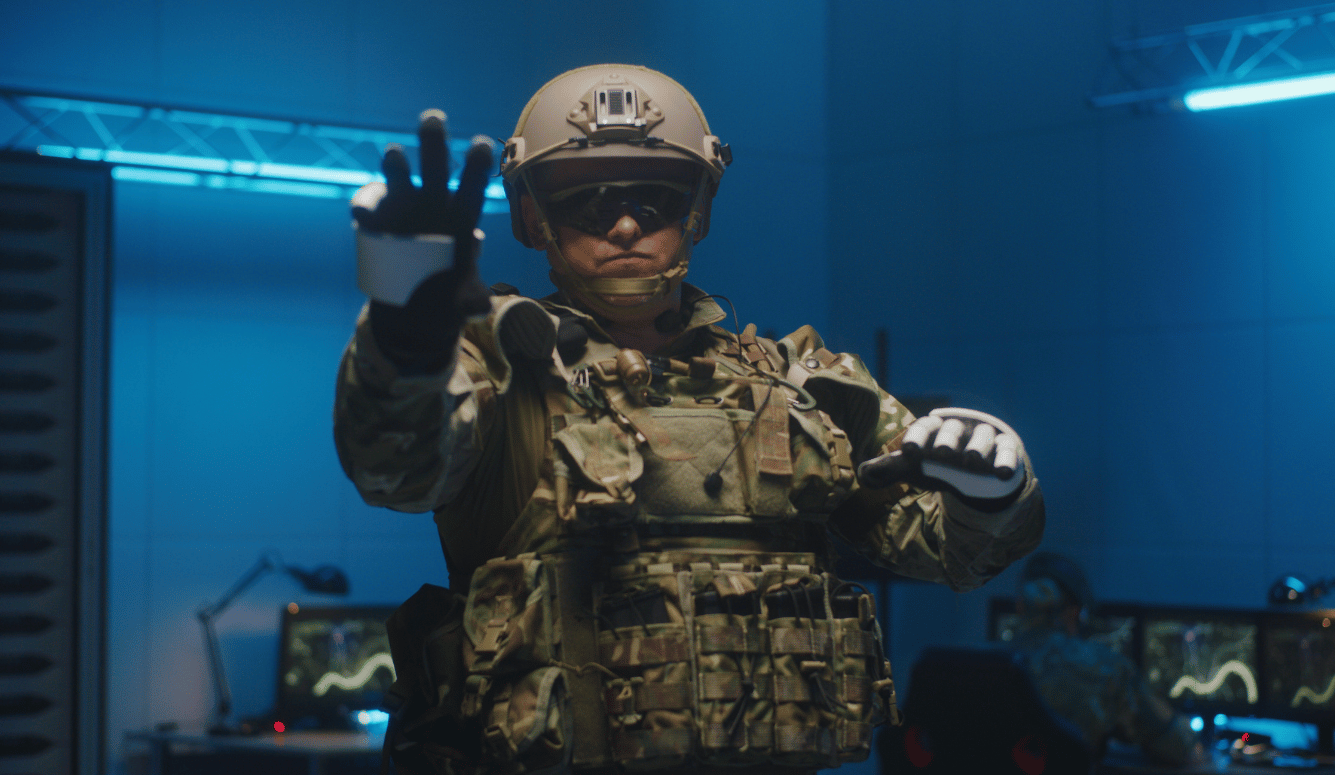Politics
The Last of the Human Warriors
Advancing technology is changing the way we fight wars and our understanding of heroism.

Europe now faces the possibility of war in a way it has not since 1945. The Balkan wars of the 1990s were brutal but containable, even if the cost of containment was many thousands of dead and an uneasy cold peace that left the belligerents frozen in hostility. The ongoing war in Ukraine, the growing possibility of a Chinese invasion of Taiwan, and the fighting in Gaza, the West Bank, and Lebanon, however, all threaten to escape the containment now sought by the US and become total war. Such a war will need warriors, and after nearly eight decades of peaceful consumption in Western cultures, it remains to be seen if Western states are capable of providing them.
One British academic gave the nature of the warrior his close attention. Christopher Coker, a historian at the London School of Economics, died a year ago, but his brilliance did not produce vast biographies, like Robert Caro’s four volumes on Lyndon Johnson (with a fifth in the works) or Andrew Roberts’s remarkable revisionist history of George III. Instead, Coker’s approach was informed by the novel, poetry, sociology, and above all philosophy, and nowhere did the quality of his thought shine more brightly than in his reflections on warfare, and particularly on the figure of the warrior and the West’s readiness for conflict.





